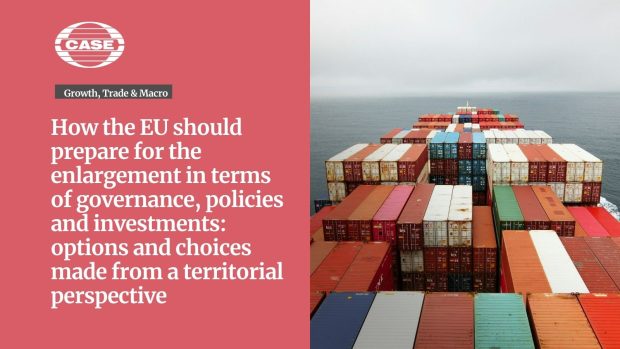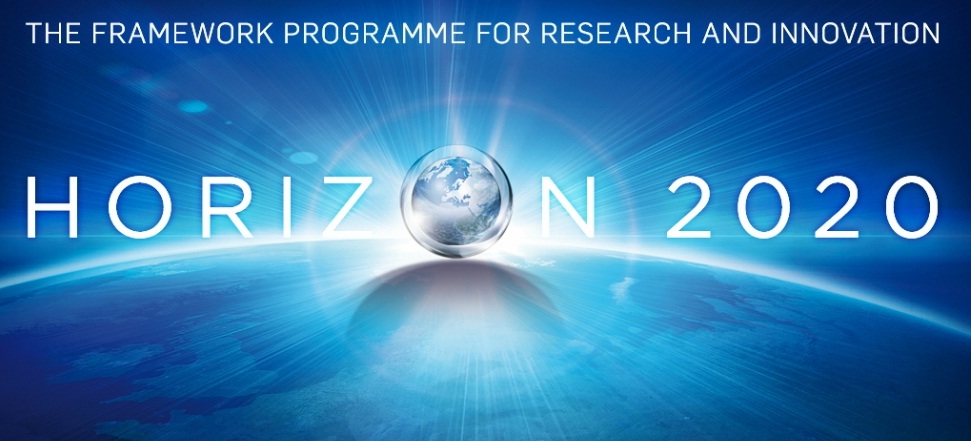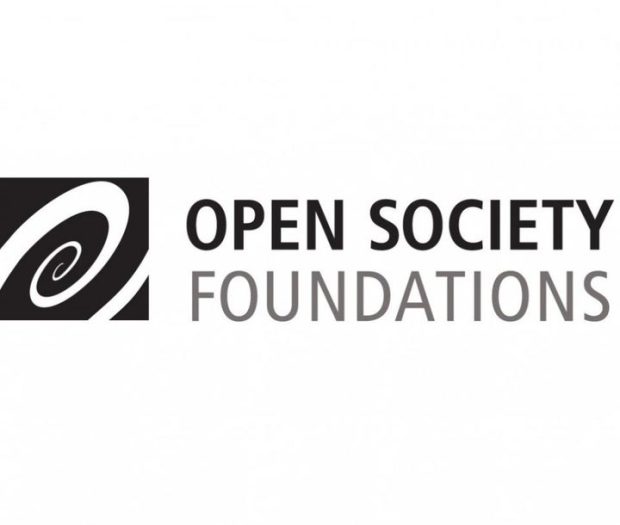Trade is a central factor in shaping global, regional and local development. Increased trade, empowered by the growth of Global Value Chains (GVCs), has boosted productivity and incomes in many countries. However, if not fairly regulated, trade might generate increases in inequality and negative impacts on working conditions in developing countries, and compromise the environment.
The scientific objectives of TRADE4SD are:
- To identify a system of relevant indicators of direct and indirect linkages between SDGs and trade, and trade policies, and a clear understanding of the determinants of participation of developing countries to local and global agri-food value chains (WP1).
- To provide a structured review of how SDGs are currently included in trade rules by analysing the role of WTO and EU bilateral trade agreement to meet SDGs, identifying gaps and best practices (WP2).
- To measure the links between trade, trade policies and sustainability at global level via elaborating a new and robust sustainability toolbox integrating econometric and SDGs indicators, going beyond the present state of art in modelling the linkages between trade and SDGs and looking at new emerging issues (e.g. diets) (WP3).
- To provide context-specific case studies of selected agri-food value chains in relevant EU trade partners at the global and country level (including coffee, cocoa, rice, olive oil) (WP4).
- To analyse the coherence of the current EU trade-related policies (trade, CAP, energy, climate, bioeconomy, nutritional) in view of their impacts on trade and SDGs, and their effectiveness to prevent carbon leakage and other forms of externality exportation (e.g. pollution haven, food miles, etc.) alongside an assessment of the political feasibility and acceptability of the range of policy responses available to correct such failings (WP5).
- To analyse the coherence of new options for EU policies, such as carbon-tax and/or nutrition polices, in view of their impacts on trade and SDGs (WP5).
- To identify options for improving the sustainability impacts of EU trade policy and provide evidence-based policy recommendations, paying particular attention to the WTO gap regarding sustainability, to the role of regional agreements in reaching regulatory rapprochement between the EU and partner countries and to complementary measures beyond trade policies (WP6).
- To ensure that results build upon previous research, including from AGFOODTRADE, AgriCISTrade, TRADEAG, SUPREMA and projects carried out by IFPRI, UNCTAD, the World Bank and FAO.
The economic, social and political objectives of TRADE4SD are:
- Increased understanding of trade and development linkage through the lens of economic, social and environmental sustainability.
- Increased coherence between trade and sustainability policies at various level (EU and international) reducing, in particular, trade-offs between trade, human health and environmental provisions.
- Providing new insights to the process of international regulatory convergence in the requirements associated to achieve specific SDGs, i.e. those aiming to ensuring food safety or climate change mitigation.
- Identifying policy interfaces or areas where coordination is needed to increase trade contribution to the SDGs.
- Identifying how multilateral trading systems can make trade and environmental policies work in harmony.
- Facilitating the science-society dialogue through a continuous involvement of relevant actors and the use of active dissemination and communication strategy, including online conferencing and social media networks.
Project leader: Corvinus University of Budapest
Project partners: CASE, University of Kent, CREA – Consiglio per la ricerca in agricoltura e l’analisi dell’economia agraria, Johann Heinrich von Thünen Institute, Thünen-Institut – Bundesforschungsinstitut für Ländliche Räume, Wald und Fischerei, University of Sussex, University of Ghana, Luke – Natural Resources Institute Finland, The Food and Agriculture Organization of the United Nations, INRAE – l’Institut national de recherche pour l’agriculture, L’alimentation et l’environnement, Confederazione Generale dell’Agricoltura Italiana, University of Economics Ho Chi Minh City, Lumina Sprl
Funding: European Commission, Horizon 2020






